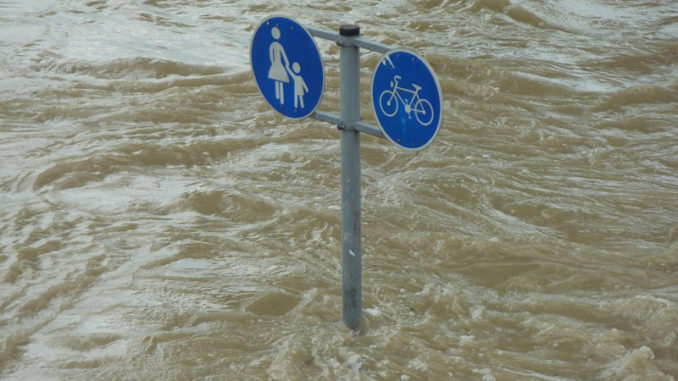
Published in El Pais, June 26th 2019.
There are many sustainable development goals, but the ones most people think of are poverty, health and climate. Being more specific global climate change. The issue with it is that its real consequences are far ahead in time and we still do not know in what way it will really affect us. More storms, higher sea level, species extinction, it is going to be a surprise. Or, according to some, nothing significant will happen at all.
Most people worry about the coming days, weeks or years. Worrying about something that might happen in 30 years, is not on our agenda. That is why environmental policies that attack an immediate threat are easier to implement. Recently EU approved a law to ban the one time use plastics. In Bolivia, the department of La Paz is likely to have this introduced in the next month’s already. Why is this easy? Well everybody sees the piling up of plastic and that makes it easier to get support, whereas climate change is barely visible and therefore not important.
The Energy Policy Institute at the University of Chicago showed in 2018 that 71 percent of the US population admits climate change is a reality. However only 35 percent thinks climate change is caused by mankind. Half of the Americans say the science of climate change is more convincing than five years ago, partly driven by the recent extreme weathers.
In the report: Pathways to a Low-Carbon Economy, McKinsey & Company estimates the cost to deal with the climate change at 350 billion per year. If we put that on the backs of the high and upper- middle incomes, 16% of the world population, this would be 23 usd per month per person. The question remains if people are willing to pay. It seems they are not. A poll done by CBC News in Canada showed that not even half of the population is willing to pay 7 usd per month for climate change taxes.
Another thing is that climate change is seen as the worry of the high income countries, they have made a mess of it and have the money to take care of it. Besides most of those countries have no severe poverty levels, big health issues and other environmental problems are already dealt with. On the other hand, the low- and middle-income countries have many more urgent issues to worry about climate change. Poverty, health and political problems are just a few that are much higher on their agenda than climate change, and who can blame them?
Climate change is not high on the agenda of people in any country. Most worry, but when it comes to actions and paying, other things seem more important. Markets won’t fix this failure, simply because paying for something that might cause a negative externality in 30 years, is a hard sale. That said the only way to deal with it is for the government to intervene. But how? Governments make themselves not very popular when they increase the production costs through taxes or forbid them. Which government y is going bear the political burden of the negative publicity of this? Not many.


Be the first to comment